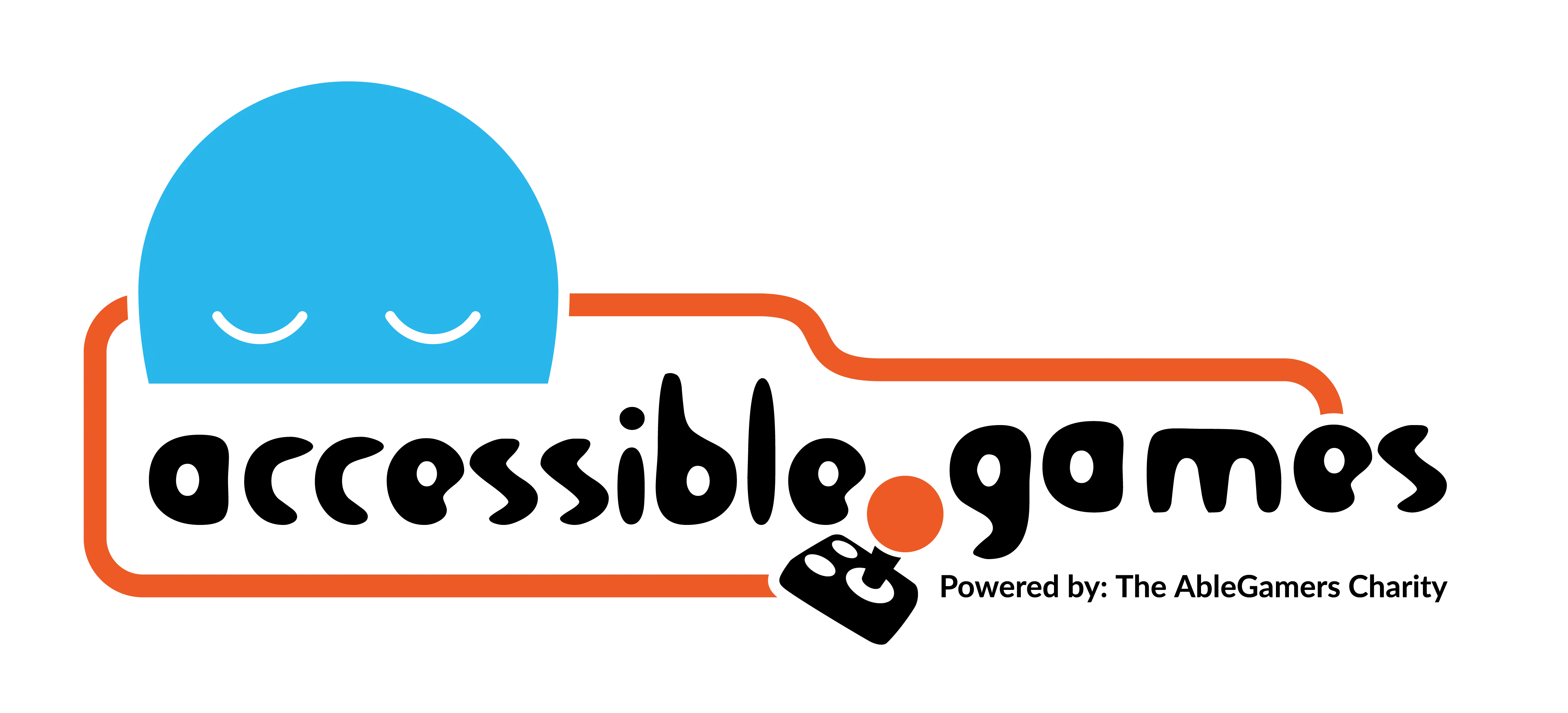If you ask anyone who watched the Super Bowl what their top moment was, many would say the ad for the Xbox Adaptive Controller (XAC). It was certainly mine. Seeing kids with physical disabilities enjoying games with their friends — their faces lit up with smiles — was something I never thought I’d see on national television in my lifetime. The disabled gamers in the ad shared their experiences with us in their own words, as equals, along with their friends.
Growing up with Muscular Dystrophy in the 80’s and 90’s meant I could only play certain games with my neighborhood buddies; it all depended on which buttons I had to press, or which buttons I had to mash repeatedly. Games and controllers have only become more complex since then, making console gaming an impossible task for me – until the creation of the XAC.
Companies like Microsoft, and organizations like AbleGamers, understand the social significance of — and need for — accessibility in gaming. It isn’t just about a portion of society being able to access Overwatch or Fortnite — it’s about the bonds we can build through these games, whether meeting new folks online or playing couch co-op with your family. Gaming is one of the most popular ways people socialize – making the hobby accessible is one crucial way to ensure disabled people are not isolated from their peers and loved ones.

Because of the Xbox Adaptive Controller, I purchased an Xbox – the first console I’ve been able to play in over ten years. My brother and I used to go head-to-head on Nintendo and Sega games as kids. When I transitioned to PC gaming (which has more accessibility options), my brother stuck with his PlayStation. But with the XAC, we can play together again; and this time, we have another budding gamer joining us – his daughter! We’ve since established Family Funday Sunday where we sit around the TV playing video games like the true nerds that we are.
Accessibility brings everyone closer together by tearing down barriers; it also cements disabled people’s inclusion in culture. Thanks to the internet, gaming is a global conversation. Streaming and video platforms like YouTube or Twitch bring new people into the hobby. TV shows like One Day at a Time and Supernatural reference gaming culture regularly. Kids have backpacks with Fortnite characters on them, and they gloat about their latest in-game victory during lunchtime. To exclude disabled people from this culture is to further distance us from the rest of society. It makes us feel more like “the other,” as though we’ll never quite understand what everyone else is experiencing.
Inaccessibility isn’t only a technical obstacle that game developers must overcome; access is an entire mindset we must shift toward. The XAC is just part of the solution. While it helps normalize access to a broad audience, there are different access needs that the XAC does not address, like access for deaf or blind gamers, or access for those with cognitive disabilities. Software and peripherals for making games accessible, on both console and PC, can be absurdly expensive; and when your only income is social security, that makes accessibility impossible for many.
This is why AbleGamers is vital – they make the unreachable reachable, both literally and figuratively. When you open up gaming for someone for the first time, especially someone who might feel ostracized by society, you hand them the world. And as the Super Bowl ad states, when everyone plays, we all win.
Submitted by community member Erin Hawney


